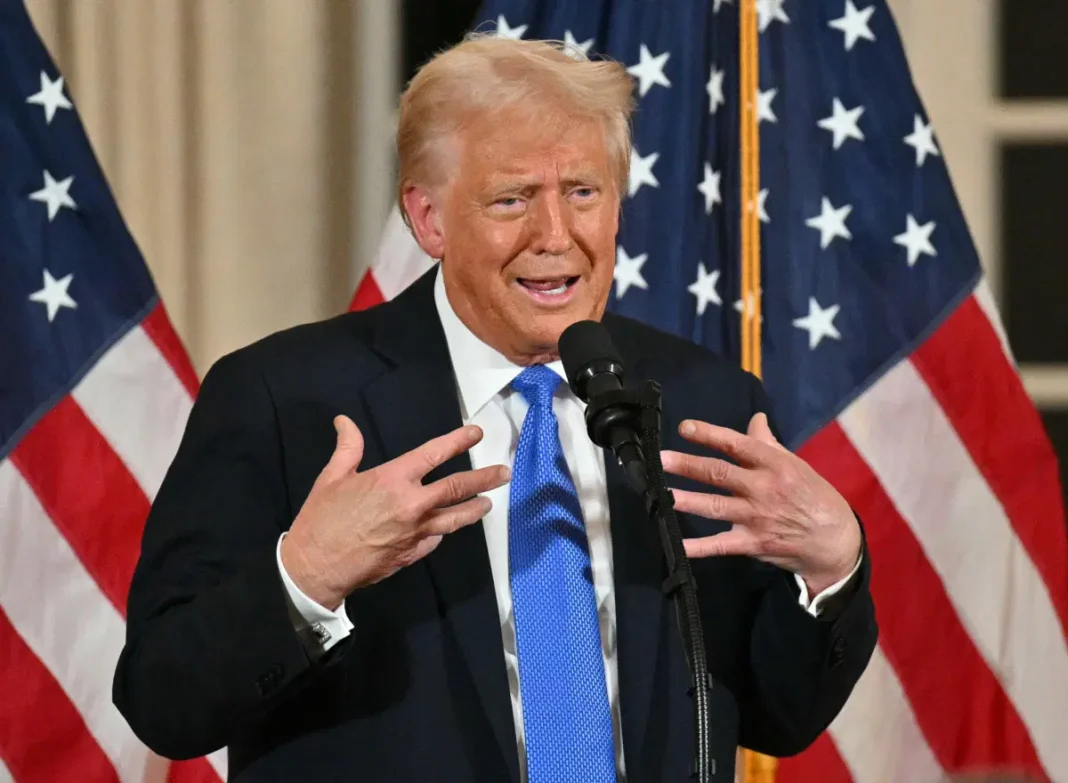Former U.S. President Donald Trump has doubled down on his proposal to place Gaza under U.S. authority, sparking backlash from Jordanian King Abdullah II during a recent visit to Washington.
Speaking at the White House on Tuesday, Trump reiterated his vision of exiling Palestinians and transforming Gaza into the “Riviera of the Middle East,” a plan that involves resettling Palestinians elsewhere with no intention of allowing them to return. This controversial stance drew immediate criticism from King Abdullah II, who emphasized Jordan’s firm opposition to the displacement of Palestinians.
“I reiterated Jordan’s steadfast position against the displacement of Palestinians in Gaza and the West Bank. This is the unified Arab position,” Abdullah said on social media after the talks. He stressed that rebuilding Gaza while addressing its humanitarian crisis should be the international community’s priority.
The meeting took a diplomatic turn when Abdullah offered to accept 2,000 critically ill Palestinian children for treatment in Jordan, a gesture Trump called “really beautiful.” However, this did little to ease tensions over the broader issue.
Trump, known for his blunt rhetoric, insisted, “We don’t have to buy. We’re going to have Gaza. We’re going to take it, we’re going to hold it, we’re going to cherish it.” He denied any personal interest in real estate development in the region despite his background in the industry.
Meanwhile, Egypt, another key U.S. ally, signaled its intention to propose a comprehensive plan for Gaza’s reconstruction that ensures Palestinians remain on their land. Egyptian President Abdel Fattah al-Sisi, who is expected to visit the White House later this week, has also rejected any attempts to displace Palestinians.
King Abdullah, whose country is home to millions of Palestinians, emphasized Jordan’s commitment to regional stability and the well-being of its citizens. Jordan receives significant U.S. economic and military aid, but Abdullah made it clear that protecting Palestinian rights remains a non-negotiable priority.
As the situation in Gaza remains volatile, Trump’s proposal has added a new layer of complexity to the region’s ongoing struggles for peace and sovereignty.





